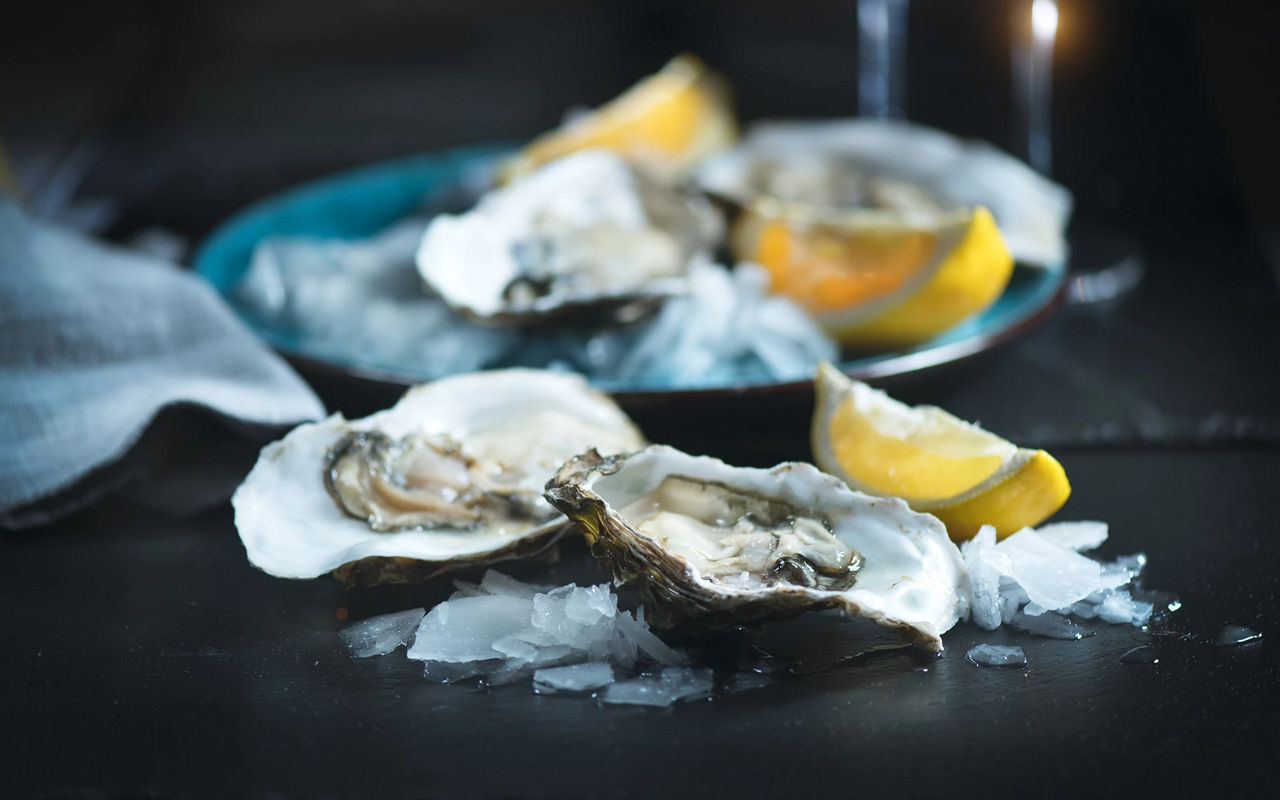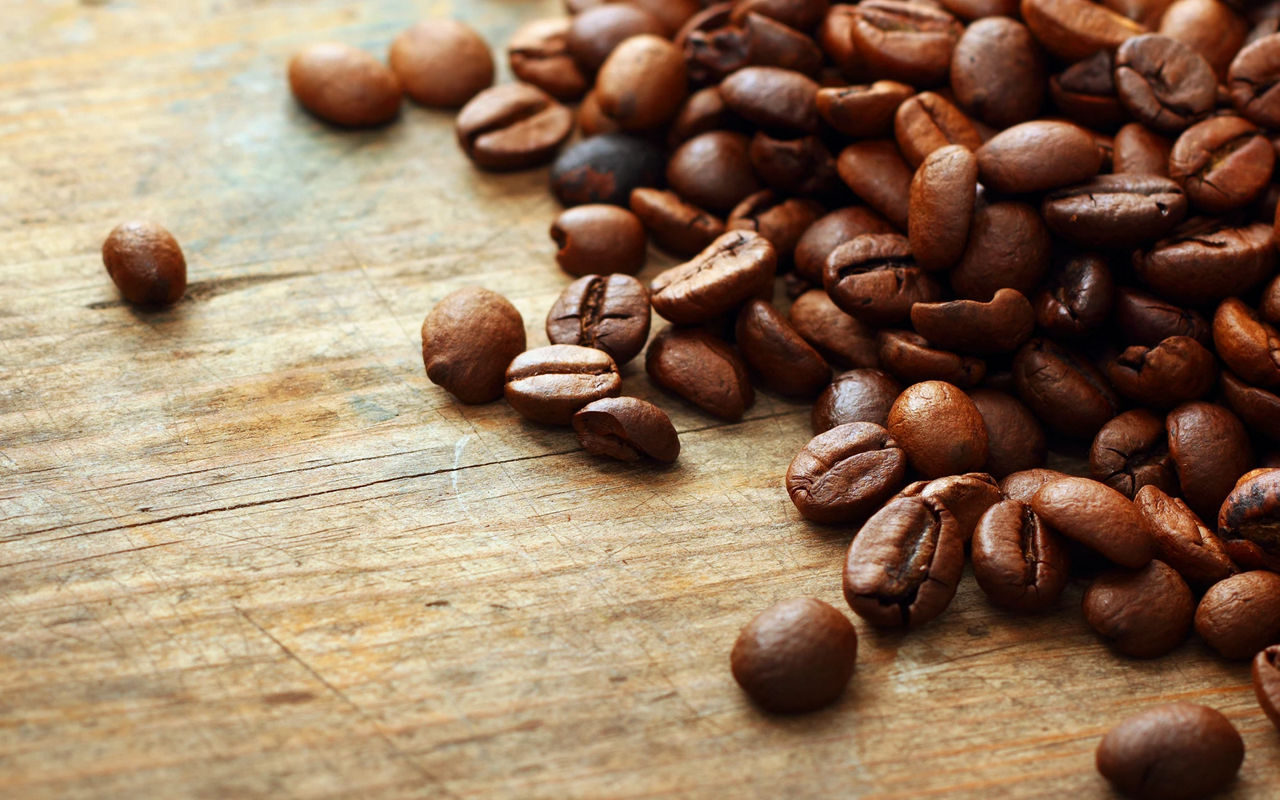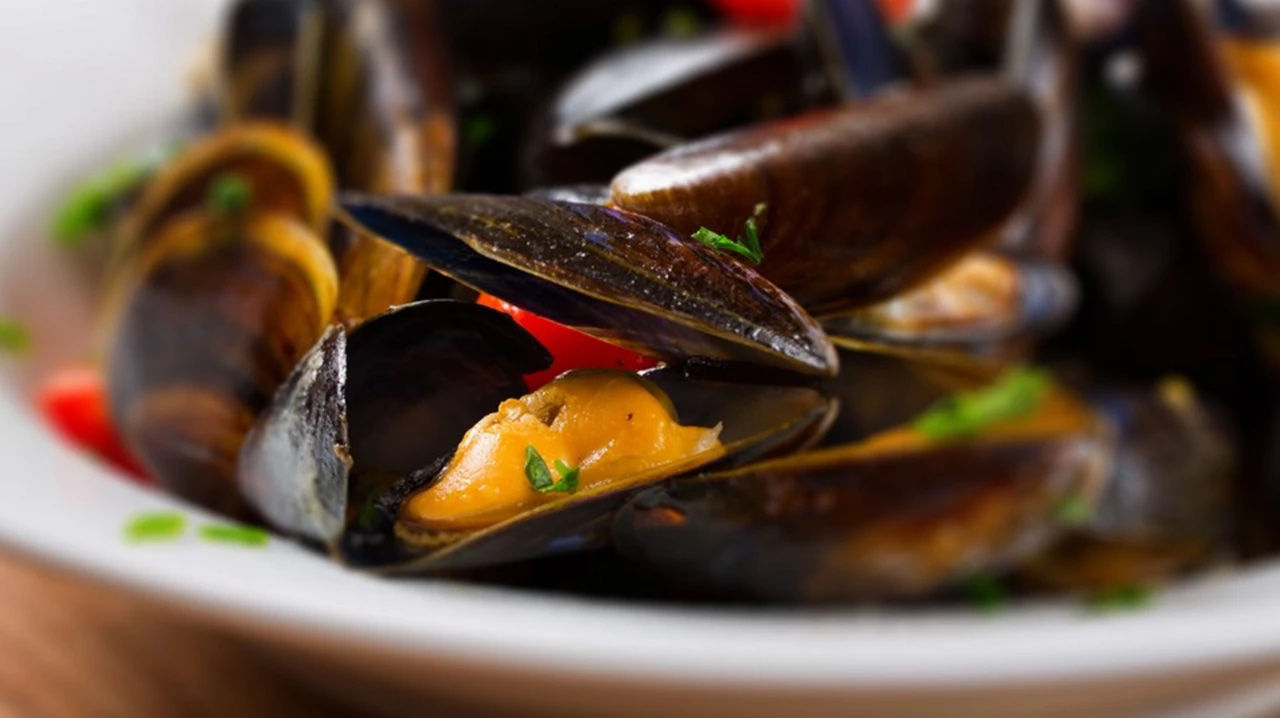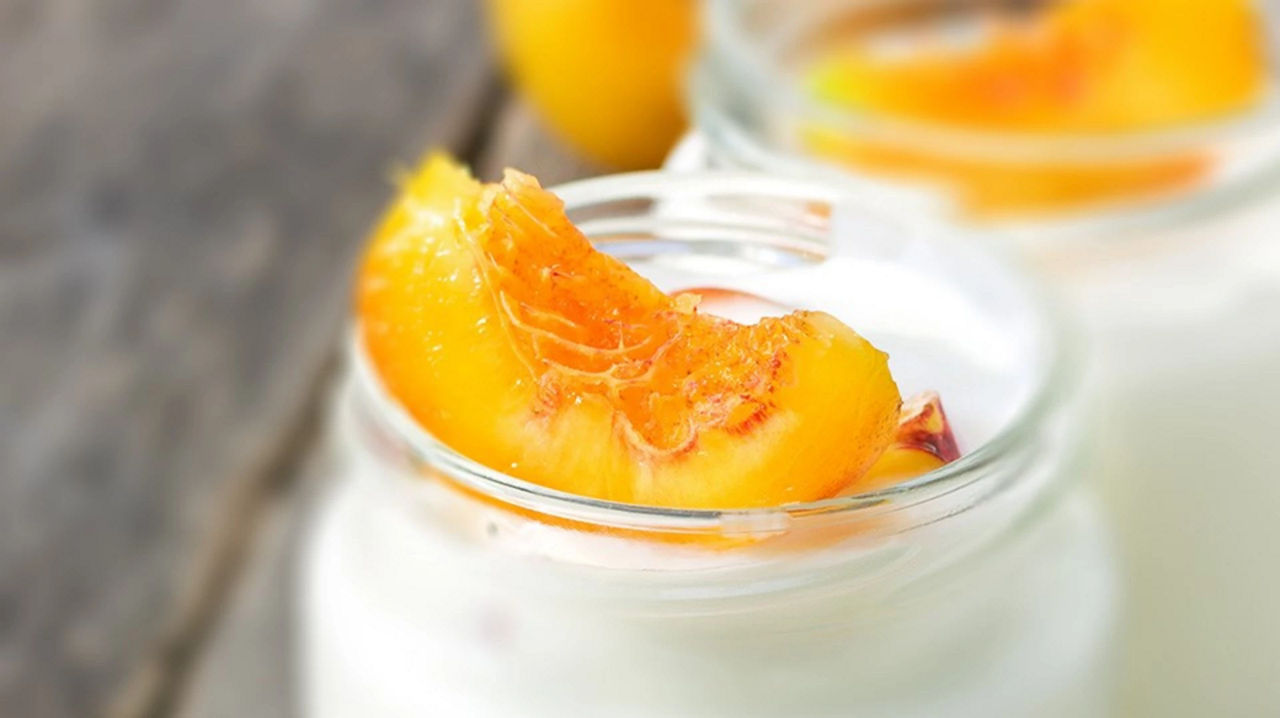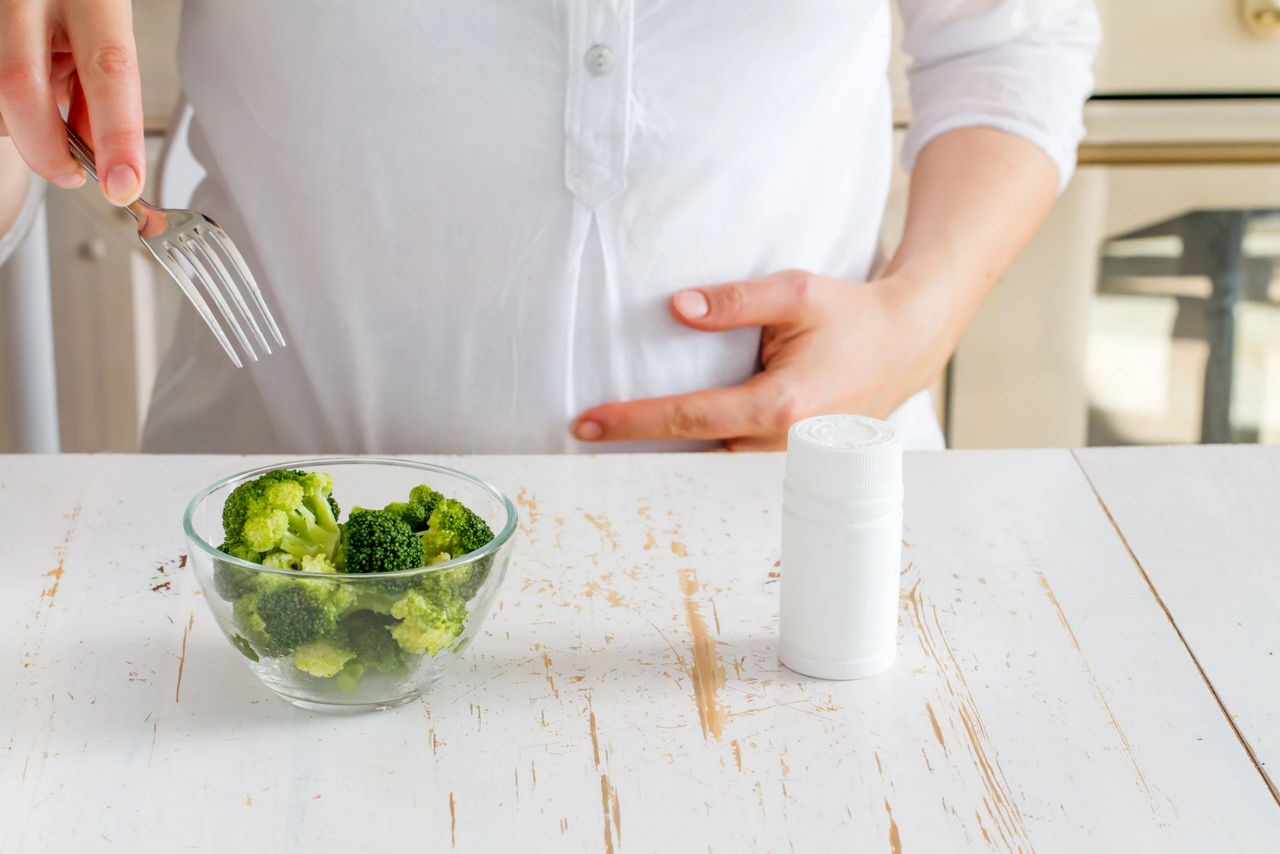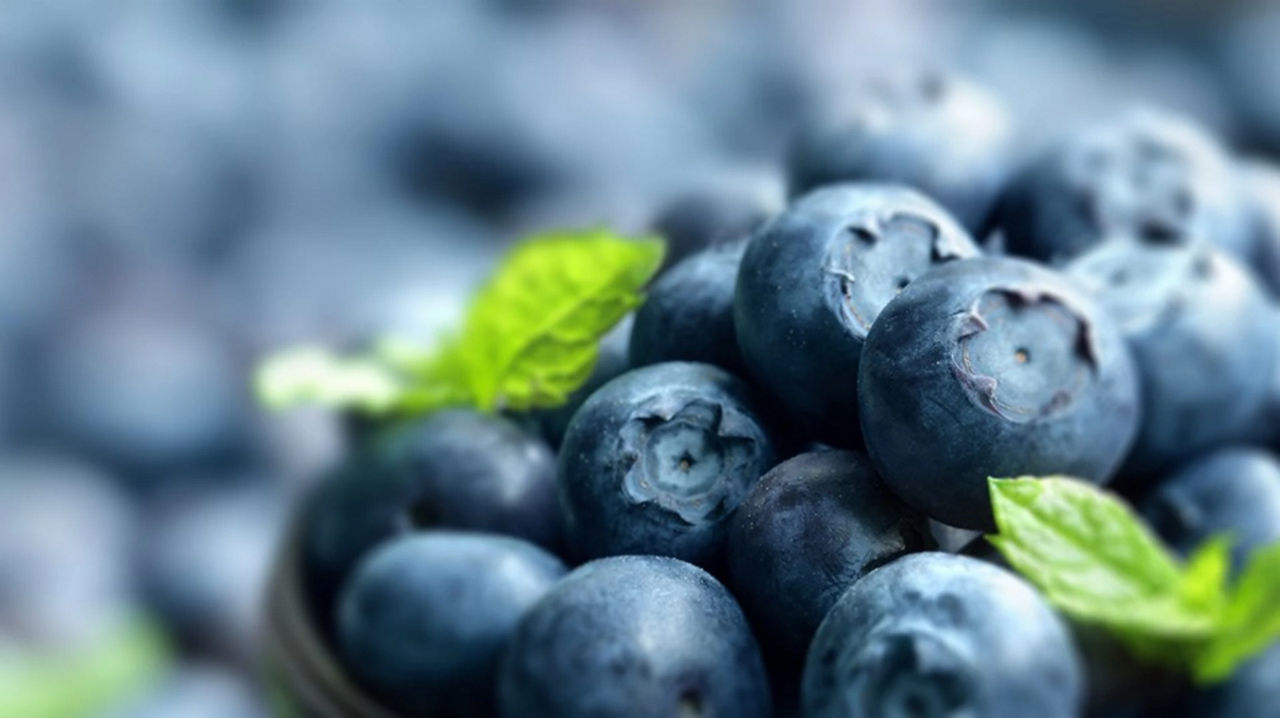Unless you live on a farm, it is unlikely that you will be offered unpasteurised (or raw) milk on a day-to-day basis. All of the milk we buy in shops and supermarkets is pasteurised to kill off any possible problem causing bacteria. However, because of the desirable strong , pungent flavour it adds to cheese, there are many raw milk cheeses available – particularly in delicatessens or at your supermarket cheese counter. Avoid all soft cheeses, whether they are pasteurised or not as they MAY contain a food poisoning bug that could not only make you ill but could harm your baby too. Also avoid blue cheeses because of the moulds they contain.
So steer clear of Brie, Camembert and Blue Cheese for the next few months. Instead, enjoy Cheddar, Edam, Gouda, Cottage Cheese and branded Cream Cheese – these are all safe to eat.
